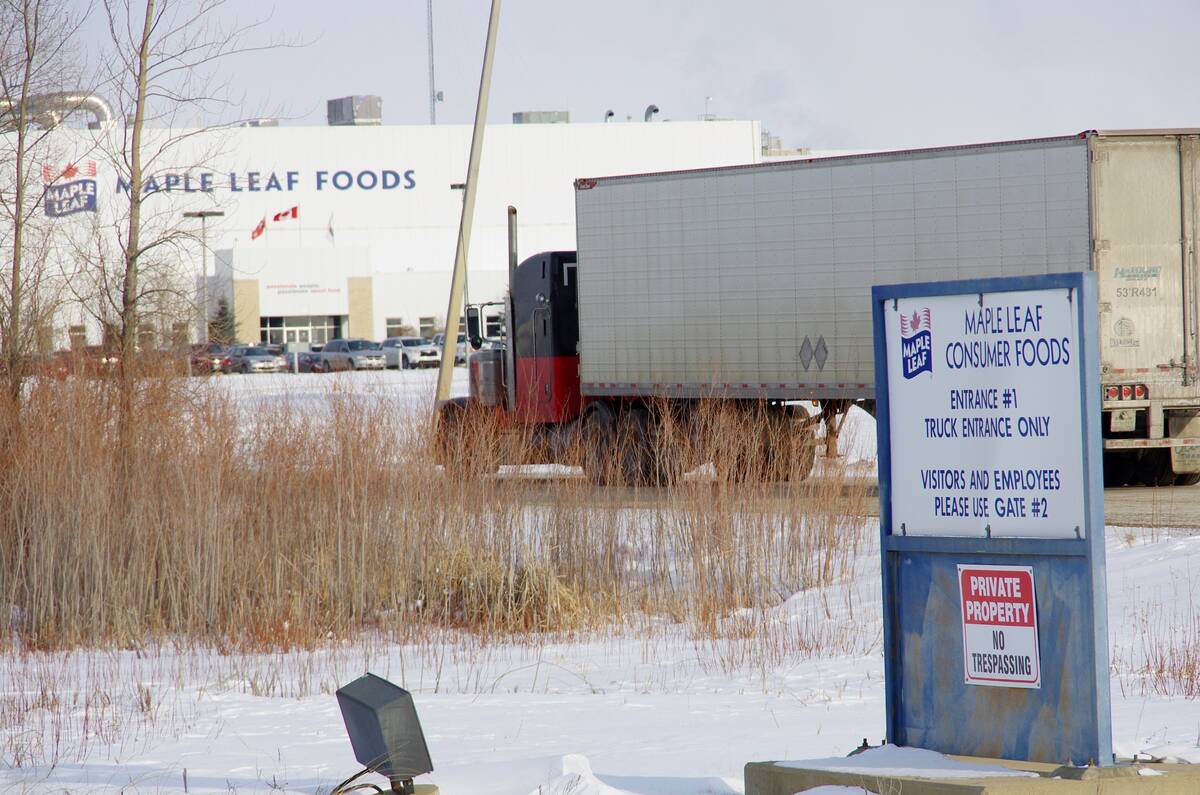Of all the wasteful practices humans have been guilty of over the years, says a plant sciences professor, the failure to recycle nutrient phosphorus is one of the worst.
Fertilizing crops with human excrement is being presented as a good way to make up for these past sins.
“I would call phosphorus the Achilles heel of all agriculture,” Martin Entz of the University of Manitoba told a recent workshop on switching to organic production hosted by the U of M at its research facility near Carman.
Read Also

Manitoba pork exports gain new market ground
Manitoba’s pork trade pivoted from China over the last five years, while Japan is remains the largest customer and South Korea and Mexico market footholds have grown
“We mine it, use it once and throw it away. There are finite supplies in the world, and we are using it very inefficiently. Squandering any finite resource is not a good idea…. In the long term, we probably need to bring human waste back into agriculture.”
Entz said experimental communities in Sweden have built separate sewage systems: one for human waste and one for industrial waste.
“If we had that, we could use that human waste stream, compost it properly and use it in agriculture.”
A four-year Swedish study that began in 1998 compared human urine, which has a nitrogen-phosphorus-potassium ratio of 11:1:2.5, with mineral fertilizer and found no difference in crop yields when used in a preseeding application or top dressing.
However, Entz stressed education will be key to overcoming the gag reflex associated with eating food from fields fertilized with human excrement.
“Most people can name a thousand product brands, but they can’t name 10 plants that grow in their community,” he said. “That reflects one of the problems with our society: we have lost touch with the natural world which sustains us.”
Using human waste as agricultural fertilizer will require sewage streaming, in which contaminated industrial waste is kept separate from the steady flow from millions of urban toilet bowls.
“We take perfectly nice nutrients coming out of bodies and contaminate them with dry cleaning fluid so they are not very good for agriculture,” Entz said.
While Asian potty goers, especially in China, have recycled their nutrients for centuries, the deep-rooted Western aversion to human excrement stands in the way of developing a truly sustainable nutrient cycling system.
Traditionally, Asian cultures never used toilet paper, preferring instead to splash water on their private parts.
The practice has the advantage of facilitating personal hygiene without the need to fell trees or the negative effect of clogging up the plumbing and distribution system with wads of soggy paper pulp. That pulp, depending on the source, could contain trace amounts of heavy metal.
However, Entz said it wouldn’t be necessary to give up toilet paper.
“If the paper is manufactured properly, it would be just pure carbon. It would be like straw.”














